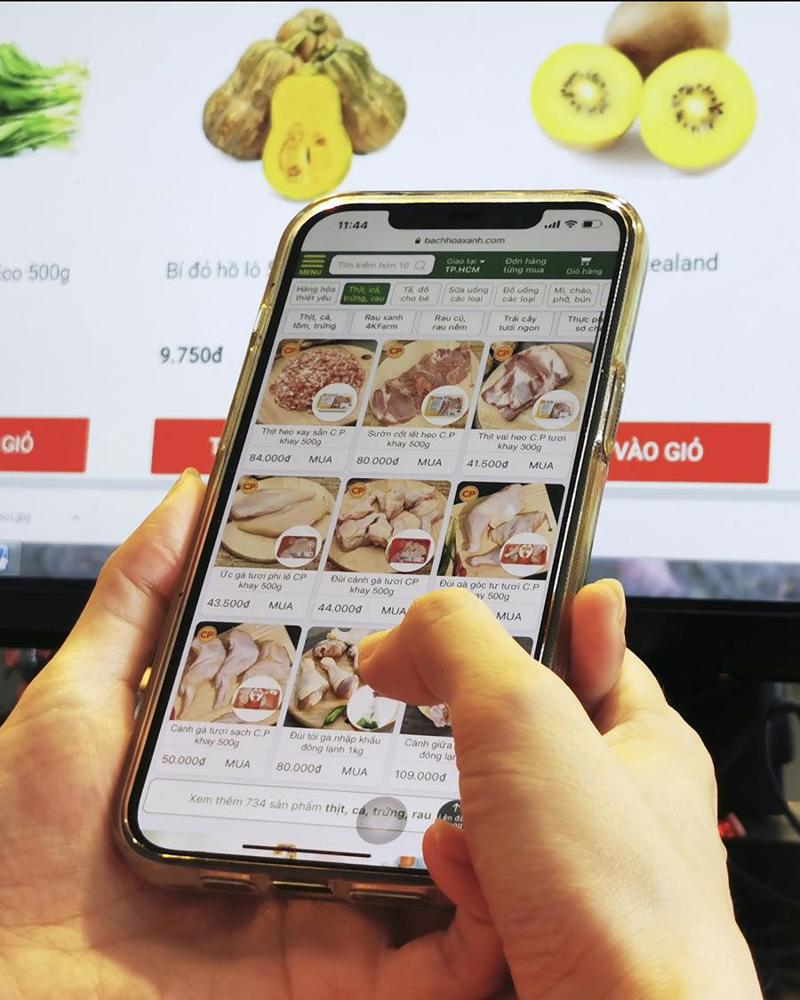Covid-19 accelerating retail digitalization
Vietnamese companies were already focusing on digital transformation but Covid-19 has forced them to move faster.

According to the government’s master plan on national e-commerce development through 2025, up to 55 per cent of the population will be active in online shopping by that time, with an average spend of $600 per person each year. This is an opportunity for retailers to transform digitally, but it poses a risk to those who are not sufficiently flexible to adapt or change or who are not prepared for rapid innovation.
Domestic enterprises are focusing on the domestic market at this time of Covid-19. In the economic recovery scenario submitted to the government, the Ministry of Planning and Investment especially emphasized the potential of the domestic market. The government has also launched the “National digital transformation program to 2025, with orientation to 2030”, with a range of support packages for up to 100,000 businesses to see this as a long-term step, not just a temporary adaptation to Covid-19. One of the most visible digital transformation activities in businesses during the pandemic is the transfer from traditional business to online platforms.
Not only suppliers but also customers and consumers are transforming digitally in shopping habits. Q&Me’s report in April 2021 showed that the number of street stores and traditional markets decline in 2019 and are forecast to fall to 51 per cent and 6 per cent of total retail in 2025, while the market share of online stores is predicted to increase from 1 per cent in 2012 to 6 per cent in 2025. Customers are clearly both willing and forced to buy fast-moving consumer goods (FMCG) on online platforms during the pandemic.
Market research and reports from Nielsen and the Vietnam E-Commerce Association (Vecom) both show that during Covid-19, the online market has developed and online orders have increased. Saigon Co.op’s online orders in the last three months have increased greatly. The number of orders through the online shopping channel of Co.opmart and Co.opXtra supermarkets increased three to four-fold. Vietnamese e-commerce platforms also reported that local consumers have quickly embraced the use of e-commerce and online channels such as Lazada, Sendo, Shopee, and Tiki.
Additionally, the increasing number of online consumers is due to the influence of Gen Z, the generation born in an age of widespread internet and technology. Gen Z is gradually becoming the main population force today, thus making the application of digital technology in spending and shopping an inexorable trend.




![[Interactive]: Economic overview - July 2025](https://media.vneconomy.vn/400x225/images/upload/2025/08/06d54ac72a-8805-4fcc-b167-1219b8e73c8d.png)


